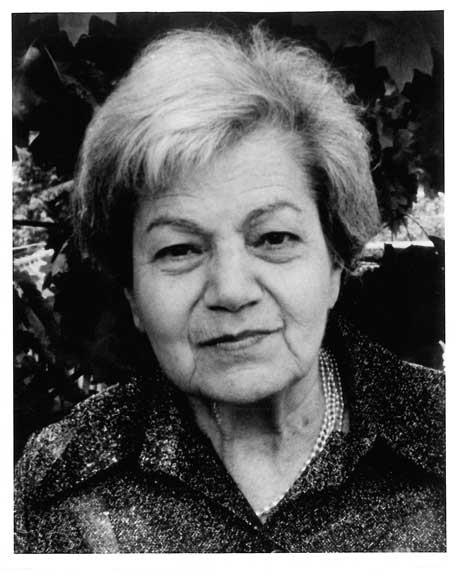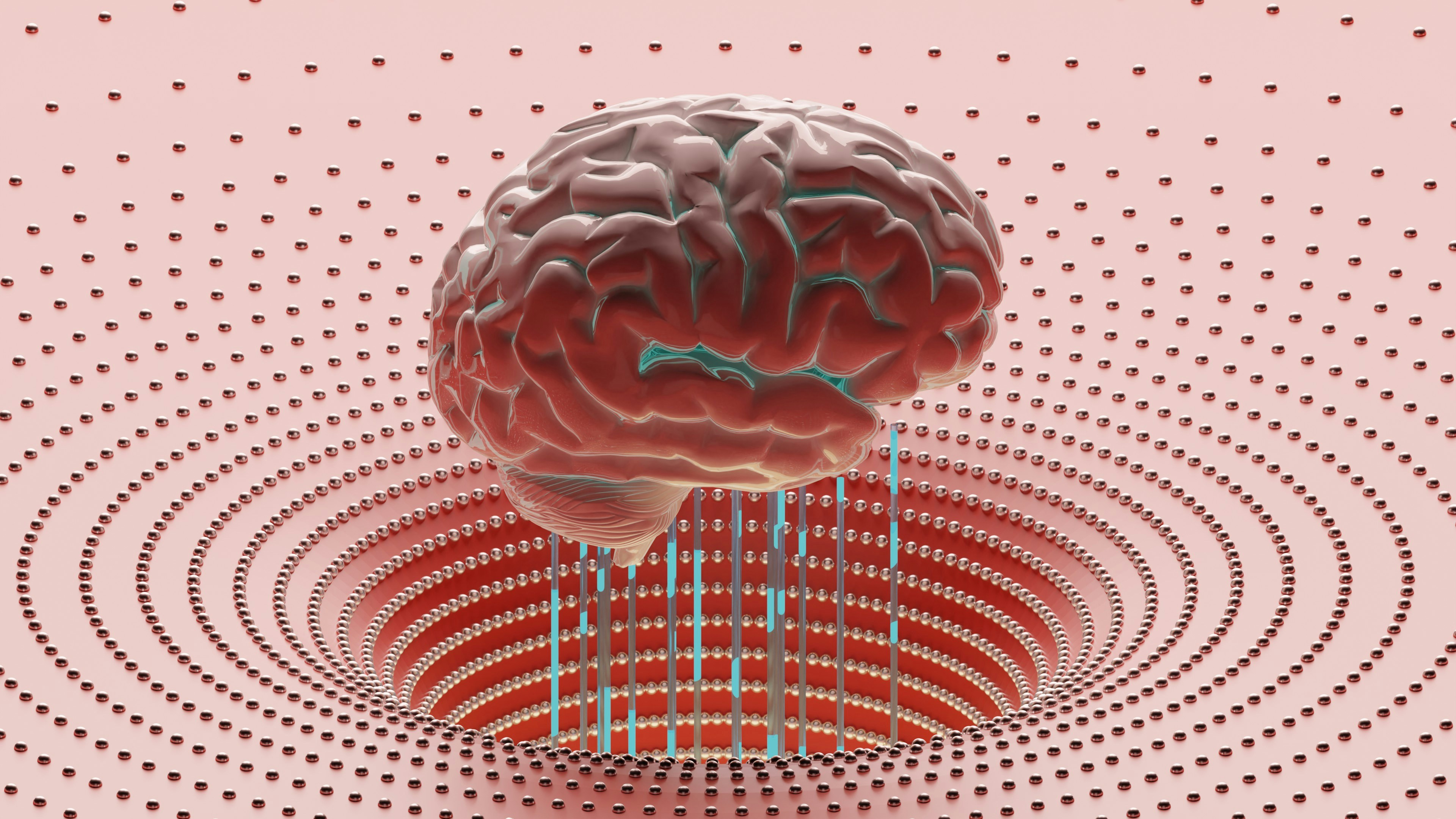
Who Was Margaret Mahler?
Margaret Mahler was a prominent Hungarian-American psychoanalyst, renowned for her transformative contributions to developmental psychology. Born on May 10, 1897, in Budapest, Hungary, Mahler grew up in an environment steeped in intellectual rigor and psychoanalytic thought; her early upbringing was markedly influenced by her family’s emphasis on education and cultural exposure. After completing her secondary education, she pursued a degree in medicine at the University of Budapest, eventually graduating in 1922. This foundational knowledge in medicine would prove pivotal in her later psychological theories.
Mahler’s career took a significant turn when she emigrated to the United States in 1938, fleeing the rising tide of anti-Semitism in Europe. Upon her arrival, she engaged with the burgeoning psychoanalytic community, studying under established figures such as Anna Freud and Melanie Klein. Throughout her academic and clinical endeavors, Mahler sought to integrate her early experiences with her medical training, ultimately focusing on the mother-infant relationship. She developed her groundbreaking theory of separation-individuation, which describes the process by which infants develop a sense of self distinct from their primary caregivers.
In her influential works, including “The Psychological Birth of the Human Infant,” published in 1975, Mahler elaborated on the stages of development from symbiosis to separation, detailing how these phases are crucial for psychological growth. Her theories continued to resonate in various branches of psychology, influencing practices in both clinical and developmental settings. Mahler’s legacy is not only rooted in her scientific contributions but also in her unwavering commitment to understanding the intricate dynamics of human relationships. Her work has left an indelible mark on the field, establishing her as a key figure in psychoanalytic thought and child development.
The Separation-Individuation Theory Explained
Margaret Mahler’s separation-individuation theory offers a comprehensive framework for understanding early childhood development, particularly how infants navigate the complex transition from total dependence to a sense of individuality. This theory is divided into distinct stages that encompass both separation from the primary caregiver and the process of developing a coherent sense of self. The journey begins in what Mahler termed the ‘autistic phase,’ characterized by a focus on internal stimuli, where the infant appears oblivious to external surroundings.
Following this, infants progress into the ‘symbiotic phase,’ during which they develop a close connection with their caregiver, often experiencing a fusion of identities. The next significant stage is the ‘separation-individuation phase,’ which is crucial for healthy development. This phase is further divided into sub-stages, including ‘differentiation,’ where infants begin to recognize their separateness, and ‘practicing,’ during which they actively explore their environment while maintaining a connection to their caregiver. The third sub-stage, ‘rapprochement,’ involves a crucial negotiation between the desire for autonomy and the need for emotional security from the primary caregiver.
Mahler’s observational studies provided insights into how children navigate these stages. She meticulously documented the behaviors of infants in various settings, emphasizing their reactions to separations and reunions with caregivers. This pioneering work has profound implications for our understanding of child development, especially in relation to self-identity formation. The ability to separate and individuate fosters not only emotional autonomy but also lays the foundation for future interpersonal relationships. Mahler’s theory remains significant in developmental psychology, influencing both clinical practice and theoretical perspectives on human development.
Mahler’s Impact on Child Psychology
Margaret Mahler’s contributions to child psychology and psychoanalysis have had a profound impact on the understanding of early childhood development and the dynamics of attachment. Her separation-individuation theory serves as a cornerstone in the exploration of how children transition from a state of fusion with their primary caregivers to becoming distinct individuals. This process is critical in the formation of a child’s identity and emotional health. Mahler’s work elucidates how early experiences and relationships shape a child’s capacity for independence and secure attachment later in life.
Academic reception of Mahler’s theories has been largely positive. Researchers and practitioners in the fields of psychology and psychoanalysis have embraced her ideas, recognizing their significance in understanding developmental milestones in early childhood. Her detailed observations of infants and young children laid the groundwork for subsequent studies focusing on emotional development and social attachment. This acceptance has propelled her theories into mainstream academic discussions, influencing curricula in educational institutions and informing therapeutic practices.
In therapeutic settings, Mahler’s insights have enabled professionals to address issues related to separation anxiety, identity crises, and relational difficulties that often stem from disrupted attachment during early life. Clinicians utilize her theories to guide interventions, helping children and families navigate complex emotional landscapes. By recognizing the importance of fostering secure attachments, therapists can assist parents and caregivers in creating supportive environments that nurture healthy development.
Furthermore, Mahler’s work extends beyond clinical applications; it resonates with parents and caregivers who seek to understand the pivotal role they play in their children’s development. Her theories provide a framework that emphasizes the importance of balanced caregiving, which is crucial in promoting secure attachment. As a result, Mahler’s impact on child psychology continues to be relevant, as her theories resonate in both academic and practical realms, shaping our comprehension of childhood emotional growth.
Legacy and Continuing Relevance
Margaret Mahler’s contributions to psychology, particularly her Separation-Individuation Theory, have left an indelible mark on the field of psychoanalysis and child development. Her work, which focuses on the crucial phases of infant development, has significantly shaped our understanding of attachments and identity formation. By examining the early relationships between a child and their primary caregiver, Mahler highlighted how these interactions are foundational in the development of a child’s sense of self and autonomy.
In contemporary psychology, the principles derived from Mahler’s theory continue to influence various fields, notably attachment theory. This framework examines the bonds formed between children and caregivers, illustrating how these initial connections can affect relational patterns in adulthood. Researchers have expanded upon Mahler’s ideas, offering nuanced insights into the complexities of attachment, anxiety, and social relationships. Her concepts like “separation anxiety” and “individuation” serve as reference points for both clinical and developmental observations today.
Furthermore, Mahler’s legacy can be traced in numerous child development studies that address the psychological underpinnings of emotional and behavioral issues. The relevance of her work is evident in therapeutic practices focusing on family dynamics, where understanding the origins of an individual’s relational patterns can facilitate meaningful healing processes. Modern clinicians utilize her theories to develop strategies that promote healthy emotional growth in children, emphasizing the necessity of secure attachment for overall well-being.
Additionally, ongoing discussions within psychoanalytic circles reflect a commitment to exploring and refining Mahler’s theories. Scholars continue to debate and research the implications of her work, particularly as they relate to contemporary societal challenges like evolving family structures and cultural differences in parenting styles. Thus, Margaret Mahler’s legacy not only endures but continues to enrich the discourse on human development and mental health.


